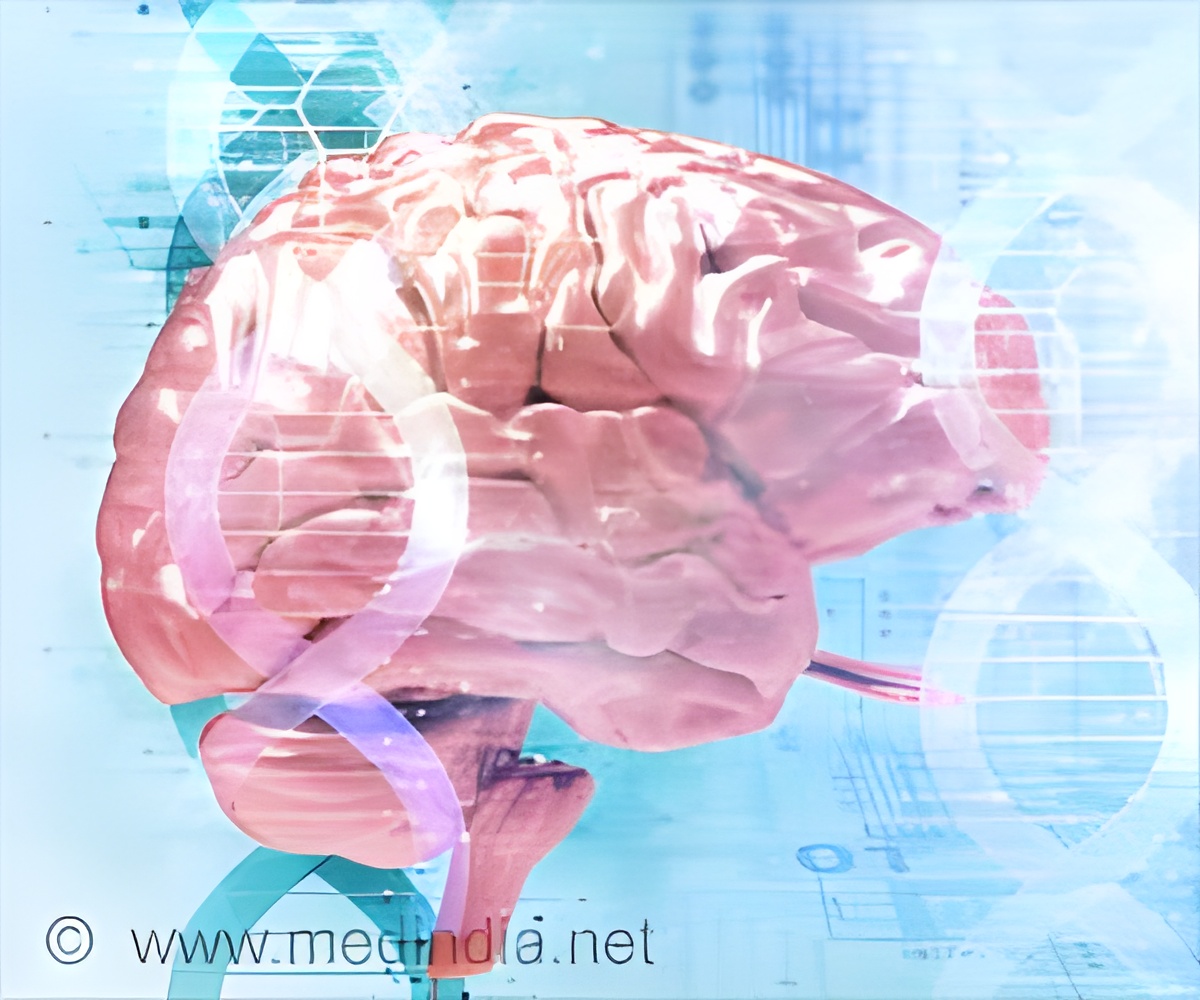Genetics of Autism: A world’s largest autism whole genome sequencing study has uncovered 134 new genes and genetic changes associated with autism spectrum disorder (ASD).

‘Genetics of Autism: Scientists have discovered nearly 134 genes associated with autism spectrum disorder (ASD).’
Read More..




The study, published in Cell, used whole genome sequencing (WGS) to examine the entire genomes of over 7,000 individuals with autism as well as an additional 13,000 siblings and family members. Read More..
The team found 134 genes linked with ASD and discovered a range of genetic changes, most notably gene copy number variations (CNVs), likely to be associated with autism, including ASD-associated rare variants in about 14 percent of participants with autism.
The majority of data was drawn from the Autism Speaks MSSNG database, the world’s largest autism whole genome dataset, which provides autism researchers with free, open access to thousands of sequenced genomes.
“By sequencing the entire genome of all participants, and with deep involvement from the participating families in MSSNG on forming our research priorities, we maximize the potential for discovery and allow analysis that encompasses all types of variants, from the smallest DNA changes to those that affect entire chromosomes,” says Dr. Stephen Scherer, Senior Scientist, Genetics & Genome Biology and Chief of Research at SickKids and Director of the McLaughlin Centre at the University of Toronto.
Genes Involved in Autism
Dr. Brett Trost, lead author of the paper and a Research Associate in the Genetics & Genome Biology program at SickKids, notes the use of WGS allowed researchers to uncover variant types that would not have otherwise been detectable. These variant types include complex rearrangements of DNA, as well as tandem repeat expansions, a finding supported by recent SickKids research on the link between autism and DNA segments that are repeated many times. The role of the maternally inherited mitochondrial DNA was also examined in the study and found to account for two per cent of autism.The paper also points to important nuances in autism genetics in families with only one individual with autism compared with families that have multiple individuals with autism, known as multiplex families. Surprising to the team was that the ‘polygenic score’ – an estimation of the likelihood of an individual having autism, calculated by aggregating the effects of thousands of common variants throughout the genome – was not higher among multiplex families.
Advertisement
The research team says the study data can help expand inquiries into the range of variants that might be linked to ASD, as well as efforts to better understand contributors to the 85 percent of autistic individuals for which the genetic cause remains unresolved. In a linked study of 325 families with ASD from Newfoundland published this same month in Nature Communications, Dr. Scherer’s team found that combinations of spontaneous, rare-inherited, and polygenic genetic factors coming together in the same individual can potentially lead to different sub-types of autism.
Advertisement
Source-Eurekalert














